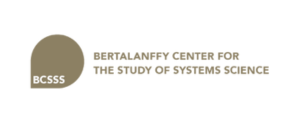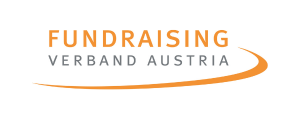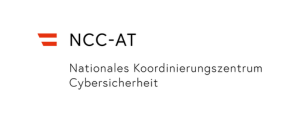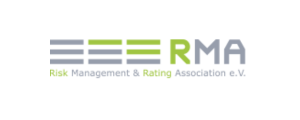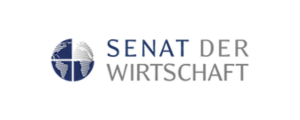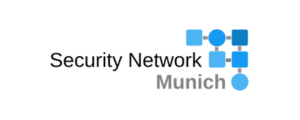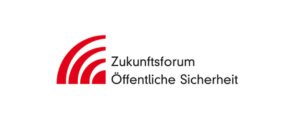FIELD OF EXPERTISE: Psychology-Risk Management-Human Factors
In risk management, it is important to know about potential risks, to be able to assess them and to identify the causes. There are many different options for risk identification and the assessment of simple, multiple and complex events or event portfolios and the risks derived from them can also be carried out using various tools. Depending on how willing a company is to take risks, it can accept risks or try to take appropriate measures to reduce the risk or the occurrence of errors. If the derived measures are unsuitable, errors can occur with a higher probability of occurrence. When these errors occur, it is important to investigate the causes. For example, 75% of airplane accidents are caused by human error, in medicine this percentage is estimated at around 70-80%. In many publications, these human errors are attributed to the acting people or human factors.
But what is meant by human factors?
Human factors are often used as a synonym for human errors. However, this view has the major disadvantage that it is limited to human error and individuals are quickly punished or exposed and the system as a whole is not considered and analyzed. Such an approach often misjudges the causes of errors. As a result, no effective and suitable measures can be derived to prevent the risks that are seen in connection with human factors. Therefore, the term human factors is used more broadly in the current scientific literature. In general, human factors mean the interaction between people, technology and organizations. This socio-technical system is called the MTO triangle. Depending on the scientific orientation, the research focus is placed on different aspects.
From the point of view of psychology, the focus is on people with their characteristics, attributes and abilities. From this perspective, the technical design of work systems (e.g.: devices, materials, workplaces…) and the organization of work (e.g.: work tasks, work processes, the organizational structure…) should be adapted to the cognitive, psychological, physical and social characteristics of people. By integrating people, technology and organization, work systems should be created that take human factors into account in such a way that people can work healthily, happily and above all safely and risks can be minimized.
Therefore, human factors are a particularly relevant lever to identify and manage risks!
The aim of this field of expertise is:
- further analyze and communicate the difference between human factors as the interaction between people, technology and organization with, from the perspective of psychology, a focus on people and the consideration as a synonym for human errors,
- the further development of holistic analyzes of risks related to human factors in order to be able to derive suitable and effective measures,
- to change the error culture. Away from a culture that sees individuals as the sole cause of errors towards a culture that analyzes and improves systems and their interactions,
- the focus on the interaction between people, technology and organization in order to be able to carry out risk analysis and risk management effectively and efficiently.
Possible topics that are covered within this section are:
- preventive risk management through analysis of human factors to develop prevention concepts for the future
- case analysis to take action after emerging crisis
- identification of relevant factors, to make satisfied and safe work possible
- crises management with focus to humans, technics and organizations
- work 4.0

Section-Responsibility:
Mag. Karoline LEBERBAUER
Head of section
Send your request here

